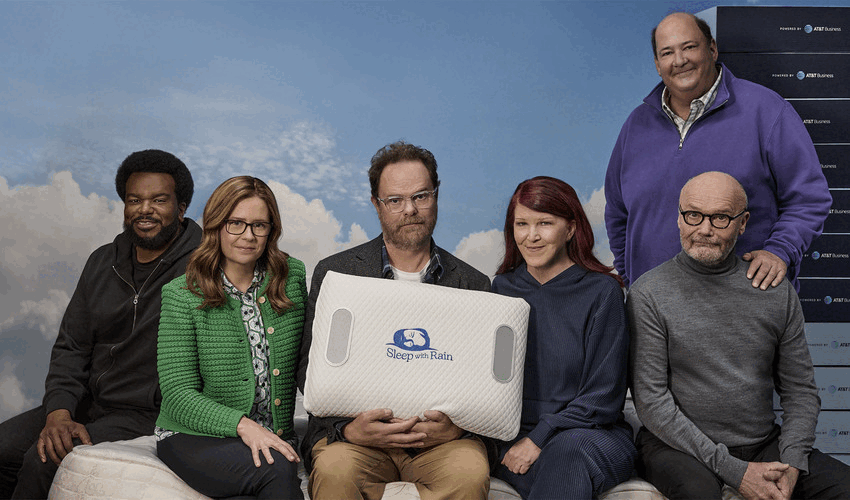Consumers want to see an end to advert stalking: report
- Tuesday, May 14th, 2019
- Share this article:
 Consumers are tired of being followed around the internet by the same adverts and believe the online advertising industry is in need of a change to address this, according to research from Conversant.
Consumers are tired of being followed around the internet by the same adverts and believe the online advertising industry is in need of a change to address this, according to research from Conversant.
48 per cent of UK consumers dislike seeing the same ads multiple times, with the same number believing the advertising industry needs to change. In comparison, US and German consumers feel much the same as between 47-49 per cent of them want the industry to stop ‘stalking’ them with ads. In France, the number of consumers who dislike ads following them around the internet falls to 38 per cent, with 40 per cent believing change is needed.
“We’ve all experienced it, that same advert following us around and continuing to pop up everywhere – it’s an issue that’s inherent with ad retargeting. Far from inciting a purchase, this is more likely to lead to the consumer becoming annoyed and potentially cause reputational damage in the long run than lead to a sale,” said Elliott Clayton, SVP of Conversant.
The research also found that 29 per cent of UK consumers view brands negatively when they produce bad advertising. And 44 per cent would like to see fewer ads but with increased relevance and usefulness.
48 per cent of consumers in Germany, and 45 per cent in the US, agree that fewer ads would be better as long as they are more relevant. Meanwhile, among German consumers, 36 per cent judge a brand poorly for bad ads. On the other hand, just 15 per cent of French consumers would be put off a brand for bad ads.
“While we are seeing progress, there’s still a way to go for marketers to build those true, close customer relationships,” said Clayton. “Consumers want brands to reach out to them on a personal level, and that means marketers need to have a real understanding of their customers’ purchase behaviour and habits, not just online but also combining this with offline activities and analysing it across all channels and devices.”
















